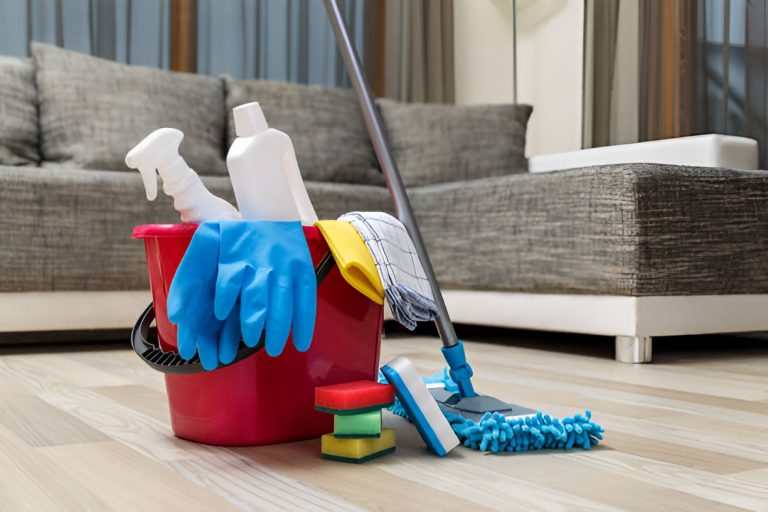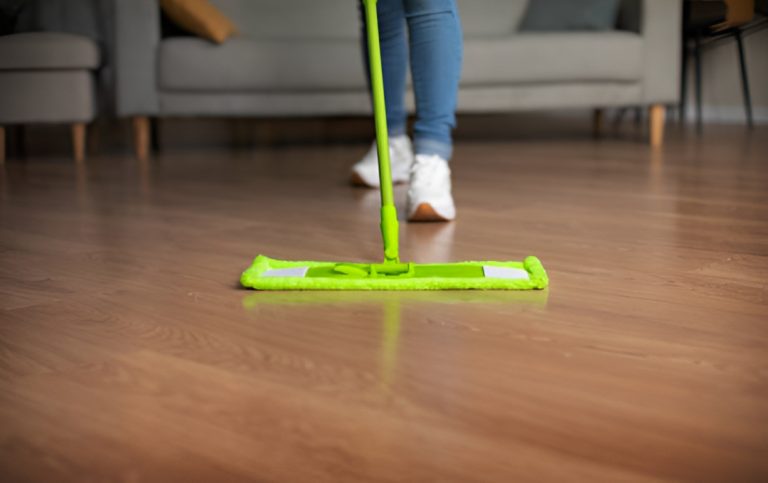

Your home’s HVAC might be one of the most critical items of your indoors. There’s no better feeling than coming from work after a long day and relaxing in your living room with the best temperature. However, if you are struggling with your HVAC, you might need to call commercial HVAC companies for a quick checkup.
As a homeowner, you can check your HVAC and clean the filters if they are dirty or in bad shape. However, concepts like an “all energy HVAC” might slip from your knowledge. You can talk with an HVAC repair service and let them explain with a “how HVAC works diagram” so you can learn more about your AC units. Moreover, learning about HVAC administration can help you take better care of your AC and know what to do if something goes wrong. Lastly, replace your old HVAC system with an “Ac unit under house” or central air conditioning system if you want to upgrade your home ventilation system.
An HVAC repair service could be the perfect solution for your problems. Don’t hesitate to contact us to learn more about HVAC repairs.

The air conditioner installer salary won’t be the same everywhere, but the technicians will typically earn around $20 an hour. When you’re considering the eventual costs of air conditioning repair, thinking about air conditioning pay can help. The labor costs will have a strong effect on the overall costs.
If your air conditioner and ventilation system won’t take very long to fix, the price of the repairs might not be as high as it could have been. An air conditioning ventilation system that needs more replacement parts could be more complicated to repair, and you’ll also have to consider the costs of the HVAC components themselves.
However, usually when something goes wrong with the HVAC system, the labor costs are particularly important. The technicians might only need an hour to fix everything. If they need slightly more than an hour, you still might only pay for the first hour.
Saving the technicians time can also help save you more money than you think, however. If you have any information that might help them diagnose the problem and work more easily, it’s important to mention it. Being familiar with a particular air conditioning system’s model and design can also be valuable.

In the United States, we’re uniquely dependent on HVAC systems in a way that some other countries aren’t. This become more understandable once you understand exactly how diverse the U.S. in comparison to those other countries. While many nations have fairly moderate temperatures throughout the year, never too hot or too cold, Americans experience extreme heat or cold depending on where they live. Few locations in the United States are truly moderate in temperature. With that being said, some seasons are worse than others; and even an industrialized country, it’s important that people have the proper heating and air systems to stay safe. Many of us don’t know, when moving in to a new home, how old our heating systems are or when we should replace them. We often don’t know that anything is wrong with our HVAC units until it’s glaringly obvious. By then, what would have a been a minor fix months earlier has become a huge problem. As such, it’s important that we get to know our heating units and cooling systems. The more you know, the more money you will be able to save in the long term.
HVAC Systems In America
First, think about how much you really depend on your HVAC system — and how much you spend on it. It’s estimated that air conditioners use up about 5% of the electricity consumed in America. This costs homeowners about $11 billion annually. While this is sobering thought to many, it’s not as if we can suddenly just give up our heating and air conditioning, right? Of course, not everyone depends on air conditioning to quite the same degree. Air conditioning is in fact more common in single-family homes than housing units in apartment buildings. While 82% of housing units have air condition equipment, 89% of single-family homes have the same equipment. Air conditioning use, however, is growing and has been for quite some time. People are likely going to use it more in the future rather than less. The first president to take advantage of air conditioning in the oval office was Herbert Hoover, who spent $30,000 on his new system — this was just months after the 1929 stock market crash, so clearly Hoover was prioritizing his AC. Still, despite the fact that we depend so heavily on heating and air — with heating, in the cold winter months, arguably being more vital the air conditioning is during the summer — we don’t know how important procedures like HVAC system replacements work. And we certainly don’t know exactly how much we spend on these systems.
The Cost Of Heating And Air
Nobody likes to think about what they spend on heating and air — perhaps because everyone knows that they likely spend more than they should. It’s believed that the typical American spends about 2.7% of their income on energy bills. This comes out to about $2,000 per year. Think of what you could do with some of that money had you saved it! About 45% of that energy bill can be accounted for by space heating. With that being said, some of the ways that you can save money are simpler than you might think. And yes, in some cases you do have to spend a little money at first to save it in the long term.
How Efficiency Saves Money
You can save money on heating and cooling in a number of surprising ways. First and foremost, however, you should know that your air conditioning unit should last about ten to 15 years — therefore, you should be aware of how old your unit is, and replace it before you have to. This is because an old unit becomes less efficient, and that costs you money each month. A newer air conditioner will use about 50% less energy than a unit installed in 1990 would have. Just staying on top of the efficiency of your system can save you a shocking amount of money.




